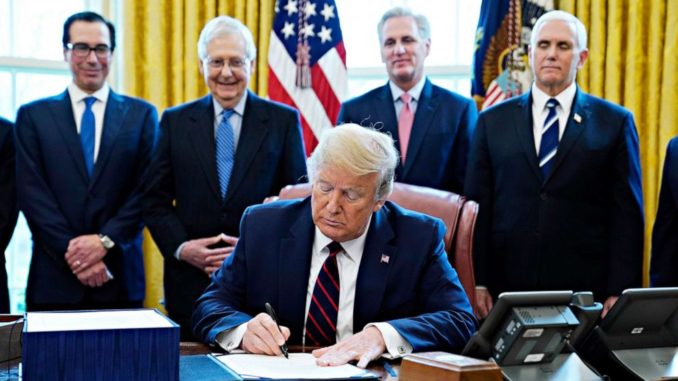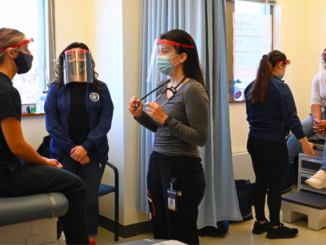
By Thomas Gibbons
Amid the growing outbreak of Coronavirus cases in the United States, Congress has worked this week to agree on a Stimulus package for America and the American people. President Trump signed the $2 trillion Coronavirus Stimulus Package on Friday afternoon and includes money being sent to hospitals, industries, and US citizens.
What is in it for college students? Students have been forced to return home due to the virus, lose the experience of a classroom, and many out of work with campuses closed. Let’s take a look at the relief offered.
Student Loans put on hold
Student loans payments along will be suspended through September 30th and the Education Department covering the interest on most federal loans during this period. You have the option to continue paying the loans if you wish to do so.
Check coming from the Stimulus Bill
Most Americans will be receiving checks from the Federal Government as part of the relief bill. The question is who qualifies to receive the money. People making over $99,000 and married couples making above $198,000 will not be receiving the payments. Individuals with an adjusted gross income of $75,000 or less will be eligible for up to $1,200. Overall, the amount of money you will receive depends on how much you have made in the past two years based on your tax return. The IRS will look at your 2018 tax returns to figure out the check if you have not filed your 2019 taxes. The checks hope to be issued by April 6.
What about the Institutions themselves?
From an article about the Stimulus Bill on the Chronicle for High Education website:
The stimulus package would allocate more than $6.2 billion each to higher-education institutions and emergency student aid, with nearly $1 billion going to minority-serving institutions such as historically black colleges and universities and tribal colleges. It also would give the Education Department the authority to distribute an extra $300 million to colleges hit hardest by the coronavirus crisis.



